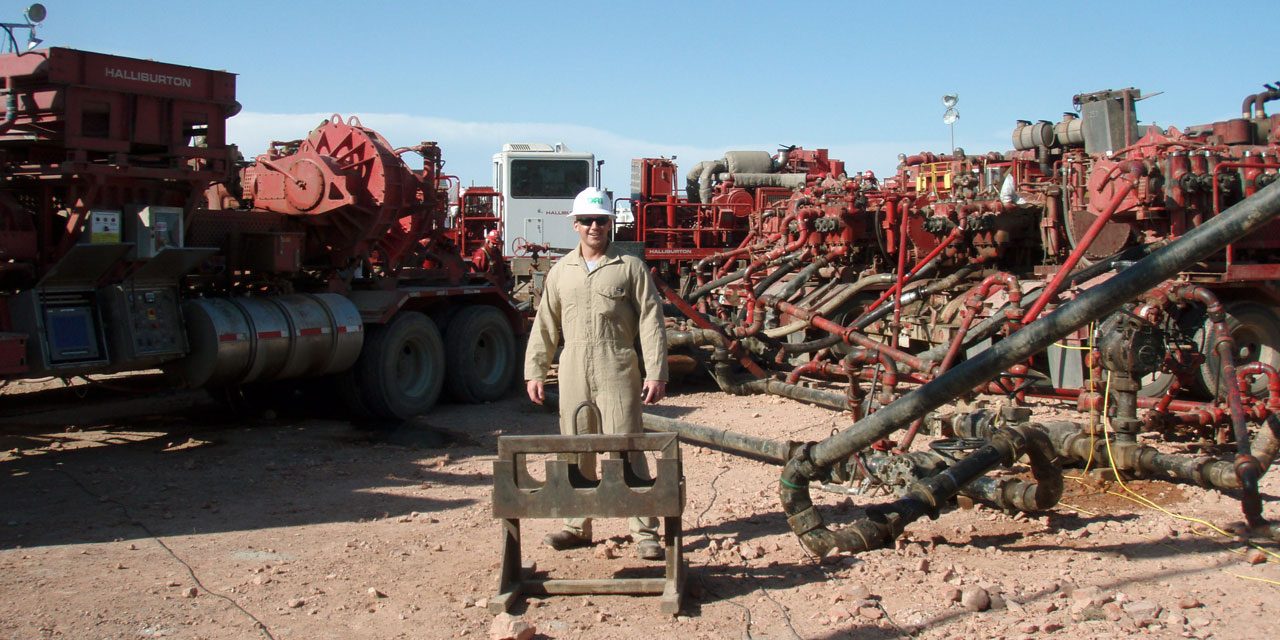Colombia’s State Council on Friday dismissed much of a report of mainly oil industry representatives and ordered a new study of the risks and opportunities of fracking.
President Ivan Duque appointed the commission of experts in December last year to investigate whether the controversial oil extraction technique is desirable.
State council dismisses government experts
The commission gave the green light to three fracking projects, but came under fire after critics revealed that only three of the 13 experts appointed by Duque and Energy Minister Maria Fernanda Suarez were not compromised by ties to the oil industry.
Fracking in Colombia given go-ahead despite risks and broken election promises
In its ruling, the State Council ordered a new study, this time appointed by the National University instead of the national government.
According to the top administrative court, this new commission must consist of 15 members of multiple background. None of the members may have a conflict of interest, for example, because of their personal ties to oil companies.
The State Council wants answers to 30 questions that seek to establish the “possible risks and benefits of using this hydrocarbon exploration and exploitation technique in unconventional deposits” within three months.
Government set back six months
The ruling is a slap in the face for Duque and Suarez, who recently urged to “remove the emotion that has so far characterized the debate” after claiming that Colombia could run out of oil reserves in seven years if not applying new techniques like fracking or finding new oil wells.
Colombia hints it could green-light fracking, despite warnings
While economic experts and citizens have urged to develop Colombia’s economy through diversification, Duque has insisted on using the extraction of fossil fuels like oil and coal.
Alliance For a Fracking-Free Colombia spokesperson Tatiana Roa
While the State Council dismissed the government commission’s report and ordered a new study, locals in approximately 70 municipalities took to the streets to express their rejection of the controversial oil extraction technique.


